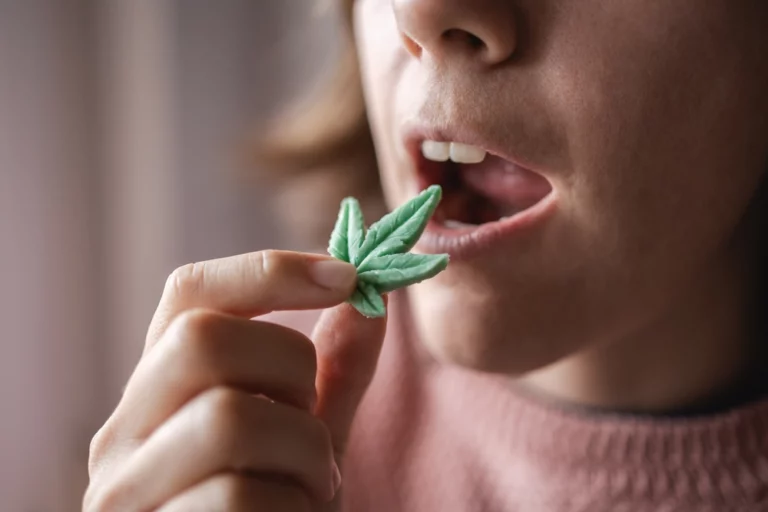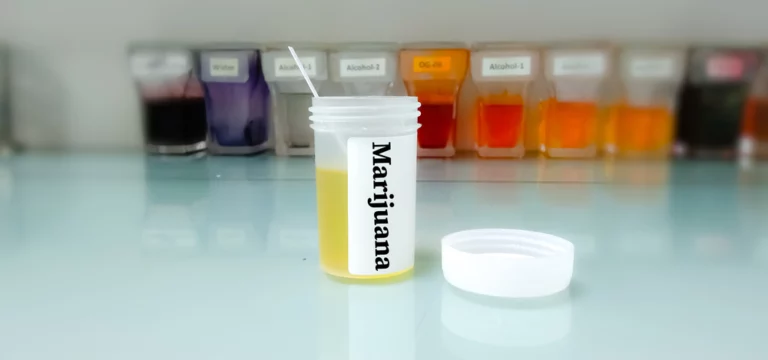How to Identify Relapse Triggers
Overcoming addiction is hard and it requires working daily to remain sober. Relapse is a major concern for anyone who is in recovery from addiction because it can undo all the progress that has been made, leading back to old, destructive habits. According to the National Institute on Drug Abuse (NIDA), 40 to 60 percent of people with substance use disorders relapse. One of the best ways to prevent relapse is to identify relapse triggers. Understanding these triggers and learning how to manage them is key to staying sober in the long run.
What are Relapse Triggers?
Relapse triggers are things that make you want to go back to using substances. These can be internal, like emotions and thoughts, or external, like specific environments, people, or events. Being able to identify relapse triggers is the first step in creating a solid relapse prevention plan.
Different Types of Relapse Triggers
Triggers can come in many forms and can be unique to each person. Knowing what they are and how they affect you can help you stay on track with your recovery. Let’s look at the various types of relapse triggers—emotional, environmental, social, and physical—to see how they might influence your behavior and what you can do to handle them effectively.
- Emotional Triggers: Emotions can be powerful triggers for relapse. Feelings like stress, anxiety, depression, loneliness, or even happiness can make someone want to use substances again. It’s important to be aware of these emotional states and understand how they can affect behavior.
- Environmental Triggers: Certain places or environments can remind you of past substance use. Bars, parties, or even specific neighborhoods can be strong relapse triggers. Avoiding these places or finding new, healthier environments is crucial for staying sober.
- Social Triggers: People can be significant triggers too. Old friends who still use substances or social settings where substance use is common can lead to relapse. Building a supportive network of friends and family who encourage sobriety can help manage these triggers.
- Physical Triggers: Just seeing substances, like alcohol or drugs, can also trigger a relapse. Making sure these substances are not around you is a proactive step in preventing relapse.
How to Identify Relapse Triggers
Being able to identify relapse triggers is an important step in maintaining your recovery. By figuring out what might lead you back to substance use, you can develop strategies to manage these triggers and stay sober.
Self-Reflection and Journaling
Self-reflection is a powerful tool for identifying relapse triggers. Keeping a journal can help you track your emotions, thoughts, and situations that make you crave substances. Writing down these experiences can reveal patterns and help you understand what triggers your desire to use.
Therapy and Counseling
Working with a therapist or counselor can provide valuable insights into your triggers. Professionals can help you uncover underlying issues and develop strategies to cope with them. Cognitive-behavioral therapy (CBT) is an effective therapy for identifying and changing negative thought patterns that lead to relapse.
Support Groups
Support groups such as Alcoholics Anonymous (AA) or Narcotics Anonymous (NA) offer a community of individuals who share similar experiences. Listening to others’ stories and sharing your own can help you recognize common triggers and learn how others have successfully managed them.
Mindfulness and Meditation
Practicing mindfulness and meditation can increase your awareness of the present moment and your emotional state. This heightened awareness can help you identify when you’re experiencing triggers and allow you to respond to them more effectively.
5 Strategies to Manage Relapse Triggers
Once you’ve identified your relapse triggers, the next step is learning how to manage them effectively. Having a plan in place can make a huge difference in staying on track with your recovery. Here are five strategies to help you cope with and navigate your triggers to help you maintain sobriety:
1. Develop Healthy Coping Mechanisms
Once you have identified your triggers, it’s essential to develop healthy coping mechanisms. These can include exercise, hobbies, or activities that you enjoy and that keep you occupied and away from triggers.
2. Create a Relapse Prevention Plan
A relapse prevention plan is a personalized strategy to manage triggers and maintain sobriety. This plan should include a list of your identified triggers, coping strategies, emergency contacts, and steps to take if you feel a relapse coming on.
3. Build a Support Network
Surround yourself with people who support your recovery. This network can include friends, family, therapists, and support group members. Having a strong support system can provide encouragement and accountability when you face triggers.
4. Avoid High-Risk Situations
Avoiding situations where you know you will be tempted to use substances is crucial. This might mean declining invitations to parties where alcohol or drugs will be present or avoiding certain locations that remind you of your past substance use.
5. Practice Stress Management
Stress is a common trigger for relapse. Learning how to manage stress through techniques such as deep breathing, yoga, or progressive muscle relaxation can help you stay calm and focused on your recovery.
Recognizing Early Warning Signs of Relapse and Getting Help
Being able to identify relapse triggers is important, but it’s also helpful if you can recognize the early warning signs of relapse. These signs can include:
- Isolation: Withdrawing from friends, family, or support groups.
- Negative Thinking: Persistent negative thoughts or feelings of hopelessness.
- Complacency: Believing that you no longer need to follow your recovery plan.
- Engaging in Risky Behaviors: Placing yourself in situations where substance use is likely.
Identifying relapse triggers is a vital part of the recovery process. When you understand what prompts your desire to use substances, you can develop strategies to manage these triggers and maintain your sobriety. The staff at Louisville Recovery Center is dedicated to helping your sobriety goals, which is why we work closely with you to identify relapse triggers during your treatment program to create the ultimate relapse prevention plan for long-term sobriety. Give us a call today to learn more about our relapse prevention options.







